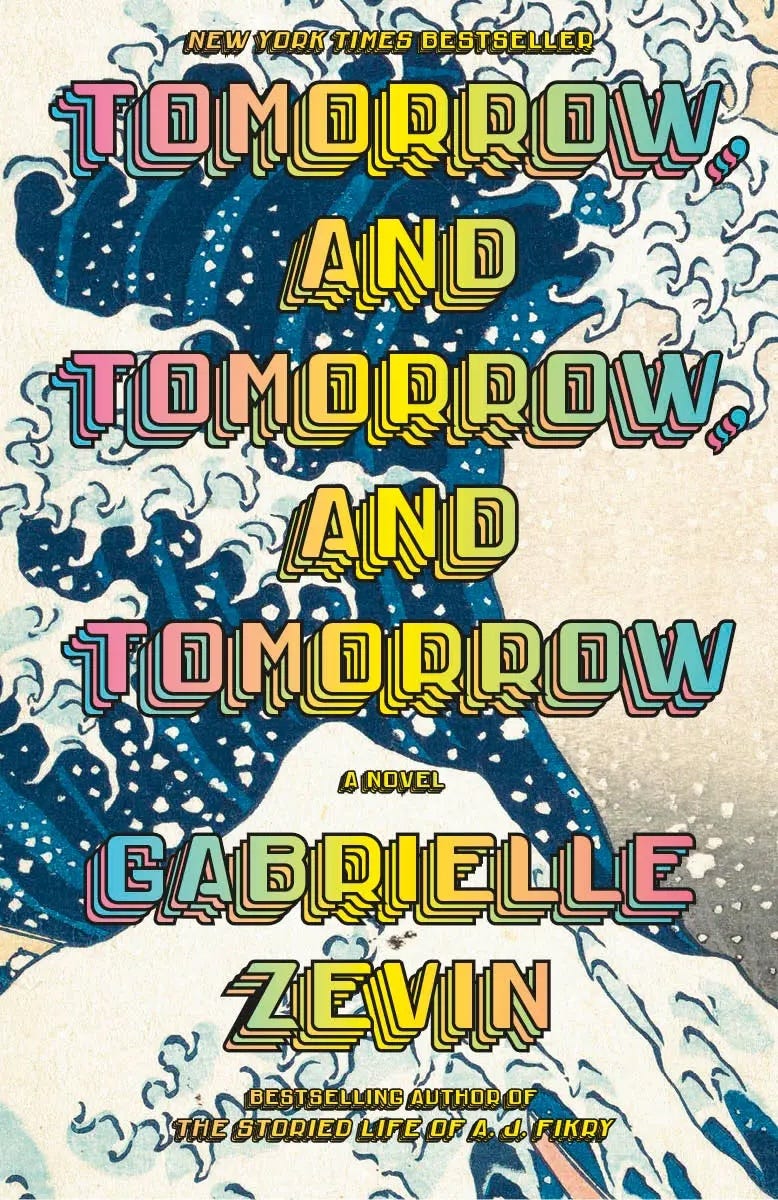🔥 the wisdom of subtraction, why I'm dropping social media in this newsletter, hunger in 1860s Montana & a question about trauma
#60: a weekly 4-item newsletter created to inspire dads to use the challenges of fatherhood as fuel for building an incredible life & an antifragile mind.
Welcome to the 60th edition of the antifragile 4 🔥.
I changed the title structure. The emojis were getting unruly.
This week we’re talking about the wisdom of dropping things and why one of those things is social media in this newsletter.
Plus an anecdote from 1860s Montana to give us perspective on intellectual hunger and a simple question of incentives when it comes to trauma.
I hope you enjoy.
With love,
Chris
—
Here’s this week’s antifragile 4 🔥:
an idea 💡 on addition by subtraction
why I’m not ❌ putting social media in this newsletter anymore
some perspective 🏞️ provided by two boys hunt for books in 1860 Montana
a question 🙋 about trauma
—
1.) the wisdom ± of addition by subtraction
Perfection is not attained when no more can be added, but when no more can be removed.
Antoine de Saint-Exupéry
In pursuit of knowledge, every day something is added. In the practice of the Tao, every day something is dropped.
Lao Tzu
Happiness is what's left when you removed all the things that make you unhappy.
Jason Portnoy
I frequently think about addition when it comes to pursuing happiness.
More time. More money. More sex. More connection. More books. More freedom.
And those things are lovely. I do want more of them.
But it’s also important to think about what I want less of.
Because stripping away one thing (social media? alcohol? compulsive news? talking crap about others?) has the potential to turn up the brightness on every other part of my life.
So, what else can I drop?
2.) why I’m not ❌ putting social media in this newsletter anymore
On that note, social media is getting dropped from this newsletter.
For a while, I enjoyed pulling interesting ideas from X and Instagram. But lately, I’ve realized it no longer feels worth it.
These platforms are built on outrage and anxiety, and too often they leave me feeling utterly unlike myself. Including them just doesn’t feel aligned with what I’m trying to do with this publication.
The moment that pushed me over the edge? Hearing how kids were exposed to Charlie Kirk’s assassination and parents not knowing how to deal with it. It reminded me that these platforms aren’t neutral. They’re here for our attention, no matter the cost.
Sure, we justify them: “It’s how my aunt sees photos of the kids.” Or “I just need a laugh sometimes.” Or “There’s so much to learn from influencers.”
But at some point, you have to ask: are these reasons enough to keep supporting systems that chip away at our ability to think, connect, and be present?
For me, the answer is no. Which means I won’t be embedding them here anymore.
Sam Harris put it well in the closing a recent article.
Get off social media.
Read good books and real journalism.
Find your friends.
And enjoy your life.
3.) some perspective 🏞️ provided by two boys hunt for books in 1860 Montana
I’ve found that with social media out of my life, something else has popped up: a hunger. A hunger for real knowledge, real wisdom, real writing, real storytelling.
A hunger these Montana boys must have felt 100x stronger than I ever will.
Granville Stuart speaks eloquently of how he and his brother “were famished for something to read” in their camp on Gold Creek in Western Montana in the Winter of 1860.
They heard of a trunk of books in the Bitterroot Valley. “. . . we started for those books’ Stuart wrote, “a hundred and fifty miles away, without a house, or anybody on the route, and with three big dangerous rivers to cross. . . .”
They spent half of all the money they had on five books. “. . . but then we had the blessed books,” Stuart says, “which we packed carefully in our blankets, and joyfully started on our return ride of a hundred and fifty miles. Many were the happy hours we spent reading those books.
Albert Borgmann, Technology and the Character of Contemporary Life
Nothing to watch on Netflix tonight, huh? 😅
4.) a question 🙋 about trauma
I’ll end with a quote I can’t stop thinking about this week.
If their traumas are the most interesting things about them, how do they get over any of it?
Gabrielle Zevin, Tomorrow and Tomorrow and Tomorrow
Two last things for you this week:
Subtract one thing today—even something small—and notice what happens.
Be fire and wish for the wind 🔥
With love,
Chris
—
Did this edition resonate with you? Sharing is caring. Send to a fellow antifragile dad.



Strong stuff!